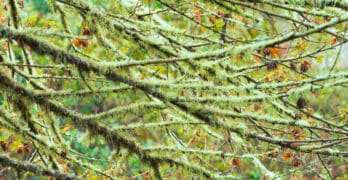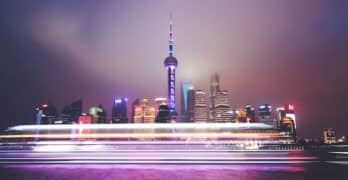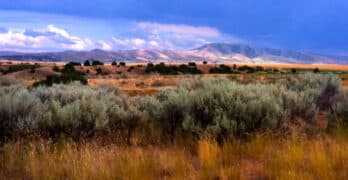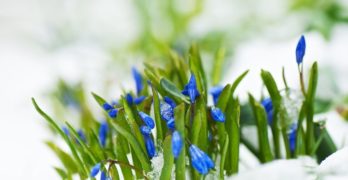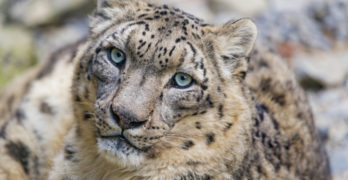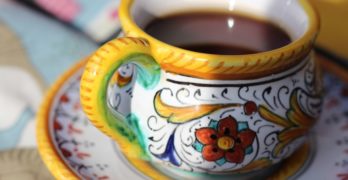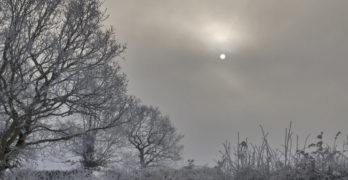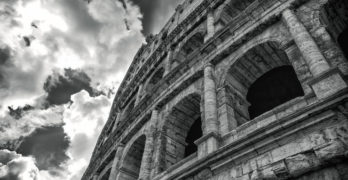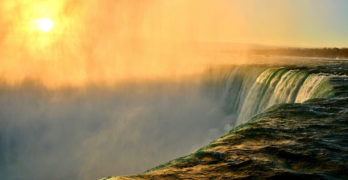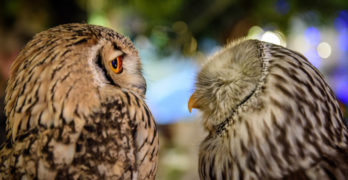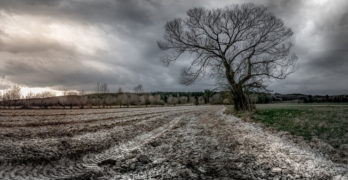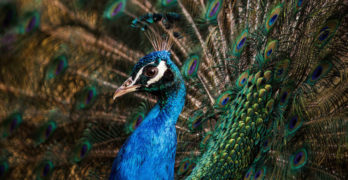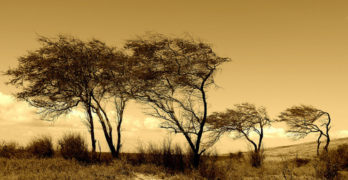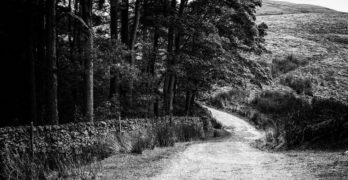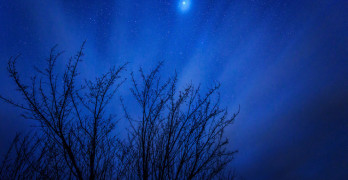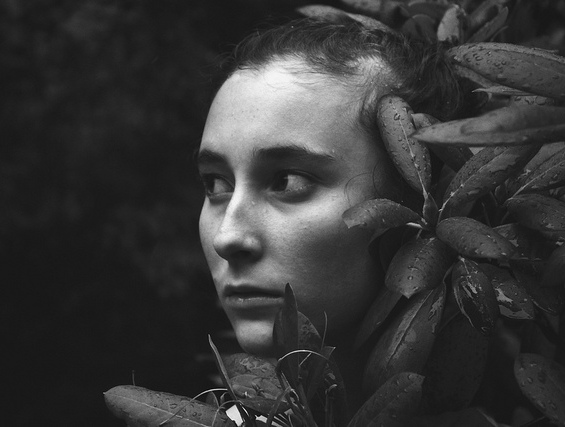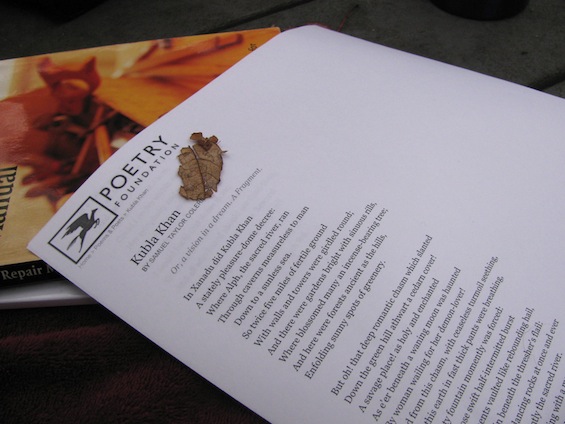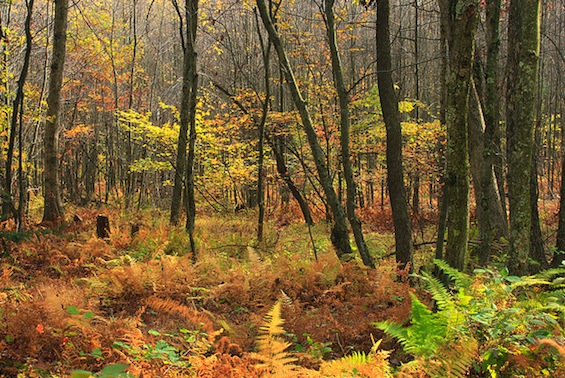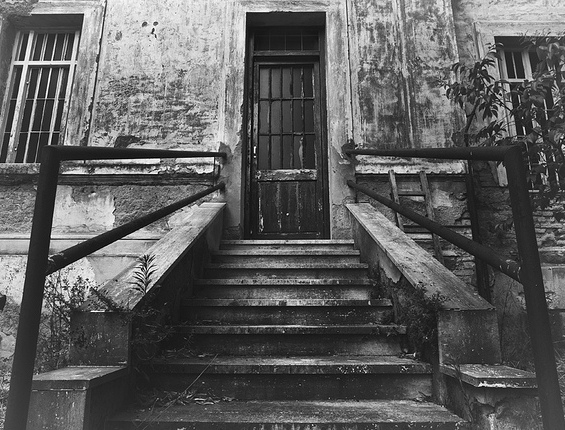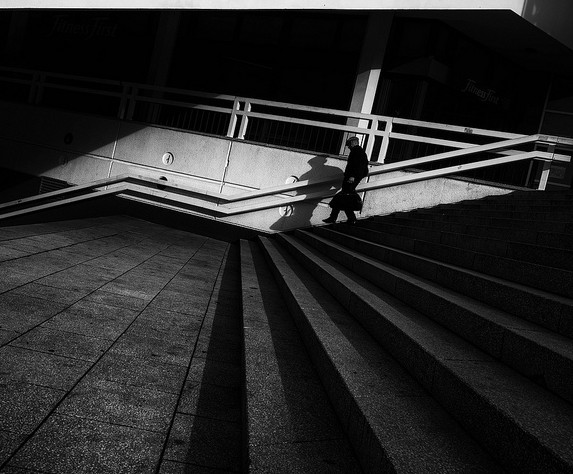The Fireside Poets were the best-selling authors of the 19th century. What happened to them and their reputation?
Memoir Notebook: A Tune Beyond the River
One traveler goes searching for Chinese poetry in modern Shanghai, and it seems to elude. Until a visit to Du Fu’s cottage.
Is the Sonnet Also an American Art Form? David Bromwich Says Yes
In “American Sonnets,” Yale professor David Bromwich has assembled poems that suggest the sonnet is an American art form.
“Elegy Written in a Country Churchyard” – An Old Poem, a New Artwork
A new edition of the cherished poem “Elegy Written in a Country Churchyard” by Thomas Gray is a work of art in itself.
Children’s Book Club: ‘Fear the Bunny’
Join author Megan Willome for Children’s Book Club, in which she learns why bunnies are way scarier than tigers in ‘Fear the Bunny.’ (This picture book not approved by William Blake.)
Poems From the Coffee Shop: Ceylon and The Red Wheel Barrow
When “humanity happens,” what connects us to a wider sense of life and each other? Classic poems lead the way. (Ceylon tea and experimental sandwiches aren’t far behind.)
Poets and Poems: Daniel Leach and “Voices on the Wind”
“Voices on the Wind” by poet Daniel Leach is a collection of classical poetry centered in a rich tradition bubbling below the surface of modern poetry.
Poets and Poems: Michael Spence and “Umbilical”
Poet Michael Spence published four collections during 30 years as a bus driver. His fifth, “Umbilical,” won the New Criterion Poetry Prize.
Poets and Poems: James Matthew Wilson and “Some Permanent Things”
The poems of “Some Permanent Things” by James Matthew Wilson speak to the transient and the permanent in our history, our lives, and our future.
Reading in the Wild: January’s Pages
Come learn the secrets of being a wild reader. Or just share your January pages. Megan Willome leads the way, with her January good reads.
Poets and Poems: Simon Armitage Translates “Pearl”
British poet Simon Armitage has translated the late Middle English poem “Pearl,” a beautiful poem about a father’s grief and how he resolves it.
A Legend in Iran: The Poems of Shamseddin Hafez
Shamseddin Hafez, a contemporary of Chaucer, is still considered the greatest poet of Iran, and even taxi drivers sing his ghazals.
Twitter Party: The Odyssey and The Wooded Isle, Part 2
Part 2 of Tweetspeak’s recent poetry party on Twitter was guided by prompts from “The Odyssey” by Homer, and 10 would-be Homers produced some epic poems.
Chaucer and The First Great English Poem
“The Canterbury Tales” by Geoffrey Chaucer wasn’t the first poem in English, but it was the one to mark English becoming the official language of Britain.
Reading ‘Spoon River Anthology’ for the Third Time
“Spoon River Anthology” is one of the great works of American literature, and reading it a third time yields new insights.
The Fierce Convictions of Hannah More
“She may be the most famous person I never heard of.” Karen Swallow Prior’s biography of Hannah More, “Fierce Convictions, ” brings a life back into the knowledge it deserves.
Reading Kubla Khan: A Mischief Café Dream
What better place to read Kubla Khan than in a dream-like woodland? What better place to discuss mischief and controlled chaos.
Reading Ulysses: Mischief in the Woods
What can reading Ulysses in the woods teach us about changing education and throwing out the idea of homework? A whole lot.
Poets and Poems: Meeting Edgar Allan Poe
A new short biography of Edgar Allan Poe serves as an excellent introduction to an American literary icon.
Poets and Poems: Alexander Blok and “The Stranger”
In his lifetime, Alexander Blok was considered one of the finest of all Russian poets. He still carries that accolade today.
